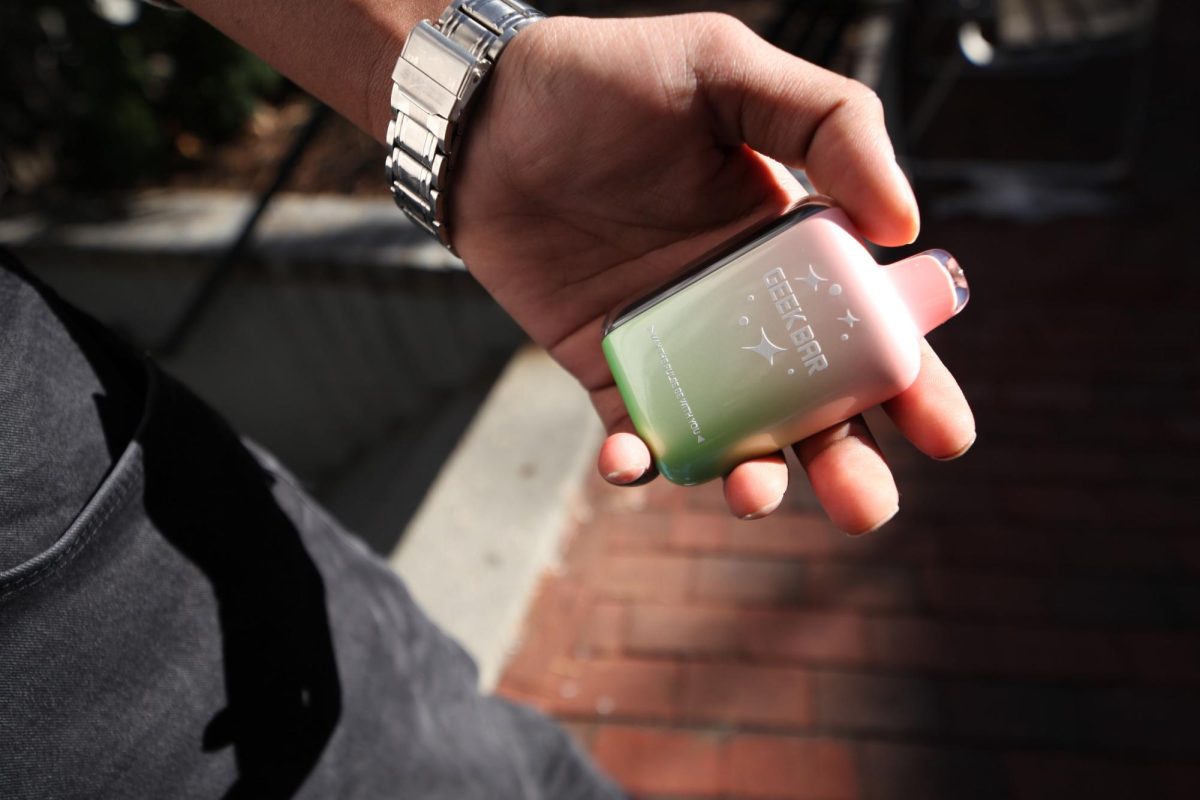Though some students may not want to admit it, even those who live right around the corner may feel homesick at one time or another.
Whether it is the students’ first year of college or the last, the resources on campus for grieving co-eds are available to help ease the natural process of missing their homes.
“Being able to experience homesickness, cope with it and manage it is an important process for a student,” said Robert Klein, director of behavioral health at University Health and Counseling Services (UHCS). Klein said he wants to help the freshman class by being available through new student discussion groups on campus.
Lauren Penizotto, a freshman digital arts major, said she has been feeling homesick, despite her efforts to keep busy.
“Today I printed a bunch of pictures at CVS and it made me kind of homesick. It made me miss my friends,” she said.
Freshmen are not the only class at Northeastern who are susceptible to homesickness, Klein said.
Kevin Kenkel, a sophomore music industry major, is already pining for his summer home in Provincetown. He said he uses art to stem off the sadness.
“I paint, and I draw,” he said. “It really takes my mind off, you know, lonely thoughts.”
Klein said the first few weeks of school, as well as before and after the holidays, are when students feel the most lonely.
“For some students, [holidays are] really a reminder that … this wasn’t just a brief time away from home, but this is really part of a longer term change,” he said.
Besides keeping busy, making new friends and maintaining old relationships, the thought of how to ease the pain of homesickness can still remain, said Roselyna Rosado, a licensed independent clinical social worker and assistant director of behavioral health at UHCS.
Rosado is spearheading a new group this fall called Adjustment. Rosado said the group is mainly “about offering students a place to talk and get support.”
Students who need extra help coping with the stresses of college life will be able to find solace in the group Rosado said. She describes it as “a discussion-type support group.” Ultimately, however, she said she wants students to decide how the group can serve them best.
“It may evolve based on students’ needs, based on what students are asking for,” she said.
But Kelsey Rochelle, a freshman business marketing major, said she has had no problems fitting in this year, especially because she “already knew a bunch of people from orientation.”
There are plenty of factors that can contribute to homesickness when a student arrives at college, Klein said.
“There is a certain element of fear, and that’s related also to the anxiety over whether someone is going to be successful academically, socially and whether they’re going to fit in with this new group,” Klein said.
Making new friends is something that most people worry about when they arrive at college, but events like orientation can ease the process, Klein said.
Although Klein stresses the importance of making friends and staying busy with fun activities, he also emphasized the value of maintaining old ties.
“It’s important that one should not try to replace their friends at home … and go get new best friends as fast as possible,” he said.
Although Rochelle didn’t describe her feelings as homesickness, she said she misses her family and friends. Since arriving at Northeastern last week, she said she has talked to her loved ones every day.
While older students also feel the pangs of homesickness, Boston has become a second home for others, rendering the idea of homesickness meaningless. When asked where his home lies, junior graphic design major Eric Fenny was at a loss for words and said he could not decide between his hometown of Metuchen, N.J. or Boston.
Despite students’ seemingly flippant regard for homesickness, Klein said he is aware that it is a painful, albeit natural, process.
“The experience of homesickness includes sadness, isolation … anxiety, being preoccupied with thoughts of home, missing a person or particular people … sense of craving, of wanting to be somewhere, that feeling can be quite intense.”
Left untreated, homesickness could lead to more severe consequences, Klein said.
“There’s a risk that [homesickness] could lead to depression or some other illness that we might be able to help with,” Klein said. He also said he warns students not to allow their homesickness to lead to excess, whether in drinking, isolation or anything else.
He said urges any students who think their feelings of homesickness may have begun to lead to more serious problems to visit UHCS at 360 Huntington Ave.
Students who desire more information about Adjustment or other support options can call 617-373-2772 or visit









